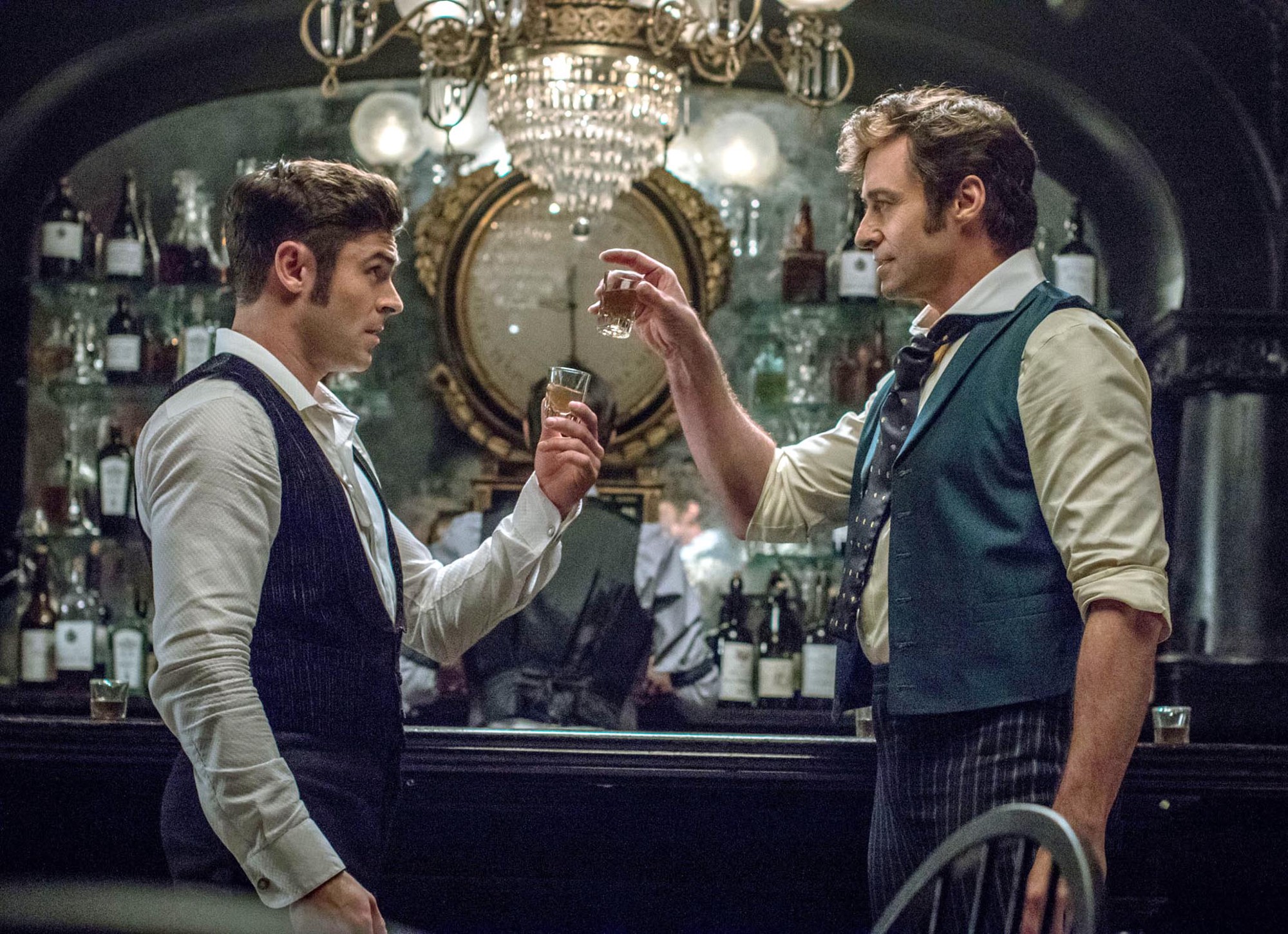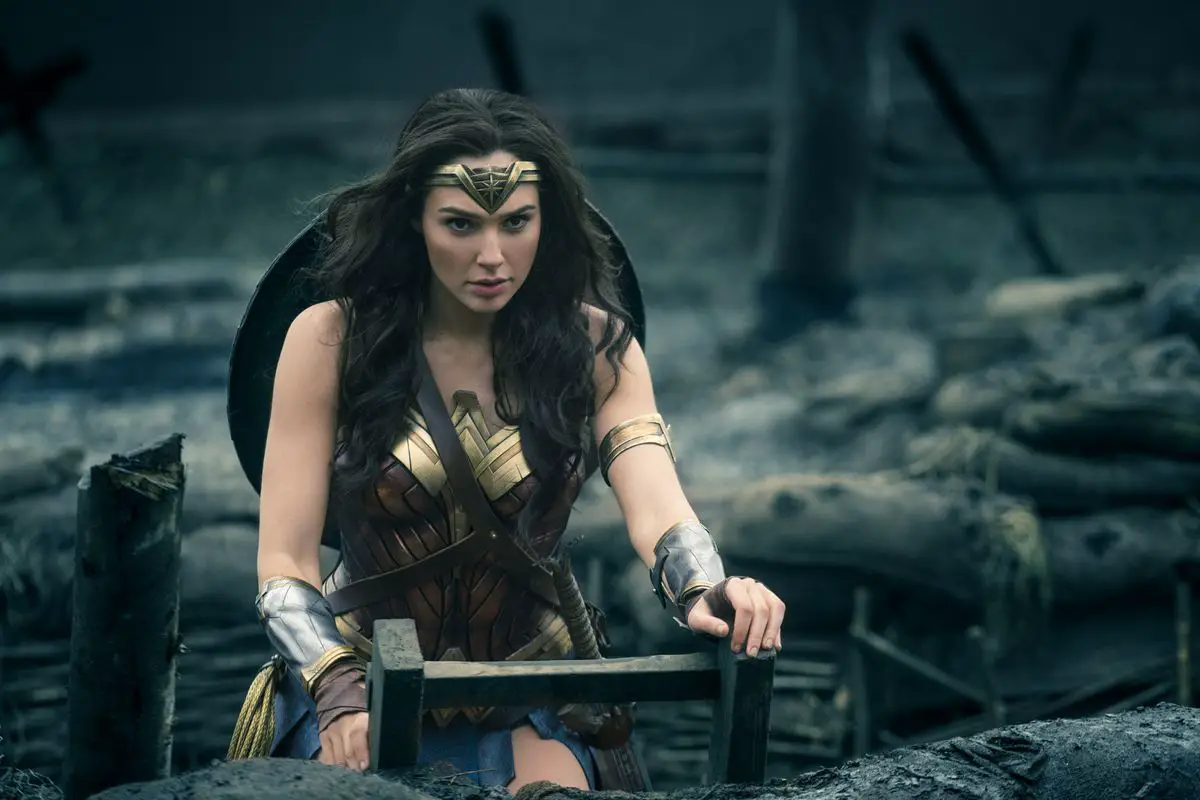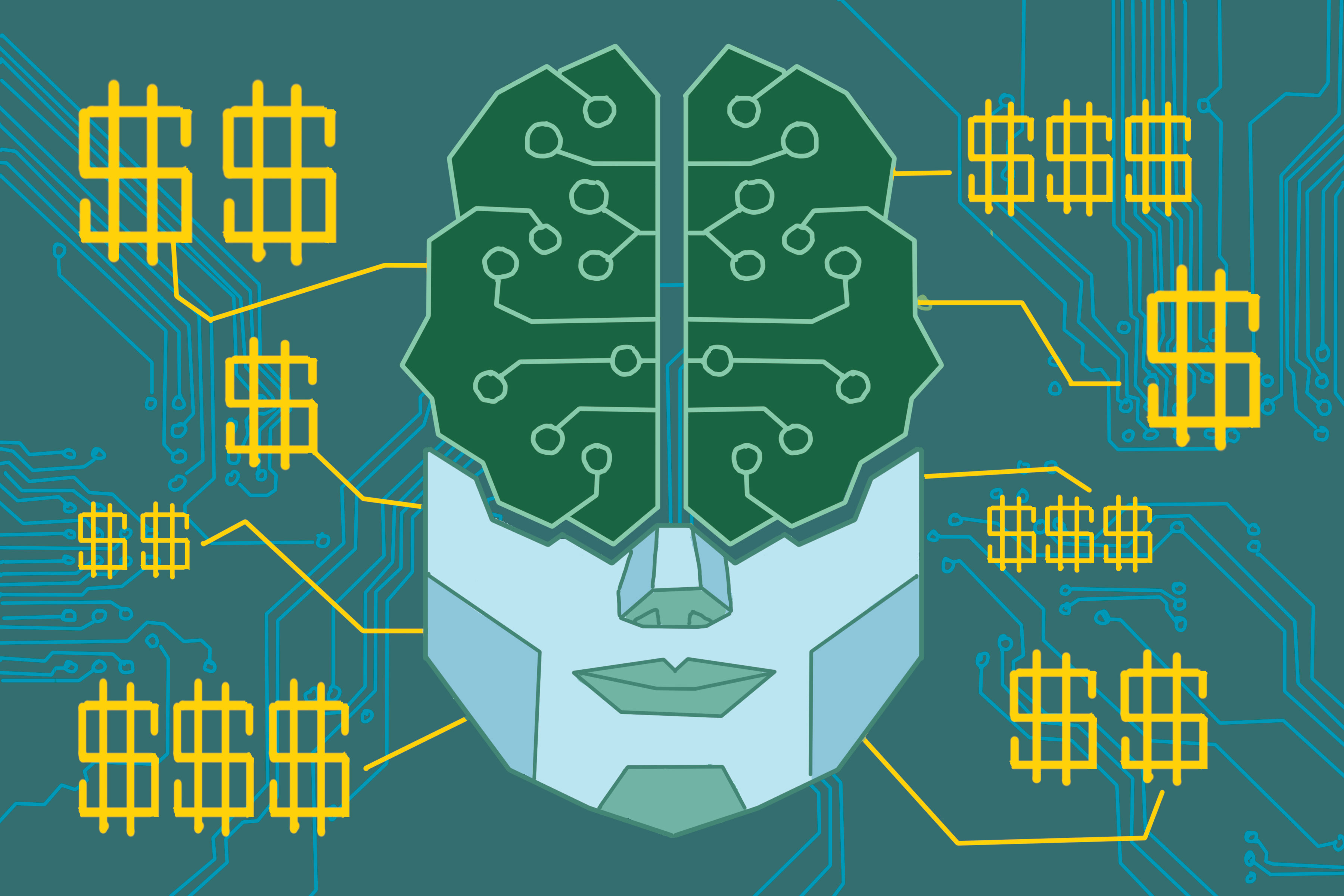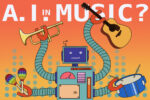When you go to the movies, how do you decide what you want to see? Maybe you’re more likely to purchase a ticket if a movie is part of an established franchise in which you are already invested. Maybe a beloved actor or the buzz of awards-season brings you to the big screen. Or maybe a friend hasn’t stopped raving about a recent release and you just have to check it out for yourself. Whichever reason brings you to the movies, the question has now become whether artificial intelligence (AI) can predict what you’re most likely to see.
Variety recently reported that an AI company called ScriptBook is looking to revolutionize the way movies are greenlit. The AI system can read a screenplay and analyze factors such as rating, target audience and predicted box office gross. ScriptBook founder Nadira Azermai claimed, “If Sony had used our system they could have eliminated 22 movies that failed financially.”
The software may hold a lot of appeal for studio executives who put their jobs on the line every time they greenlight a risky film that ends up flopping. If AI can help eliminate the risk factor or to even validate a gut feeling about a film’s potential success, then executives may start to feel more confident about the prospect of making more money for their studios by trimming the fat. Plus, use of the system ultimately could save money. ScriptBook is charging $5000 per script analysis, a fee that is significantly less than the salary of multiple script readers.
While AI may be an appealing option for executives, I find it hard to believe that it’s what moviegoers really want. At this point, Hollywood has largely switched from a creative industry to a profit-driven one. In 2017 alone, 43 of the movies put into wide release were sequels, reboots or remakes. The prevalence of recognizable titles hitting theaters indicates that movie executives are counting on established stories and characters, rather than on original plot lines, to bring people back to the theater. Allowing robots to decide what films get made means that movies will increasingly be judged on insipid statistical analysis, instead of by their creative merit.
Should AI be adopted by the film industry, high-quality films with low box office returns may cease to exist. Take 2017’s “Blade Runner 2049” as an example. Director Denis Villeneuve said that the film earned him the best reviews of his career (and this was coming from an Oscar-nominated director), but the movie only took in $91 million domestically. While it was not financially successful for Warner Brothers, it was undoubtedly an artistic achievement for the filmmakers. Had AI determined in advance that the movie would become a box-office flop, Villeneuve and his team would likely have been unable to create their art. Relying on AI could potentially lead to filmmakers’ creativity being silenced in favor of profit.

There is also the question of how successful the AI will really be at predicting box office stats. ScriptBook reportedly has an 84% success rate in greenlighting scripts, but even the most advanced algorithms aren’t perfect and sometimes movies that seem like surefire hits underperform. “Solo: A Star Wars Story” is one instance of a surprise miss for Disney. “Star Wars” movies have always performed well at the box office, particularly with the most recent installments, with both “Star Wars: The Force Awakens” and “Star Wars: The Last Jedi” landing among the 20 highest-grossing movies of all time. Because of the franchise’s popularity, “Solo” seemed destined to perform well, and AI would likely agree.
What AI would not be able to take into consideration, however, is word of mouth surrounding a movie. With “Solo,” the algorithm used by ScriptBook would not have known that many “Star Wars” fans were actively rooting for “Solo” to fail. Franchise fatigue, negative reactions to “The Last Jedi” and the lack of desire to learn about Han Solo’s past all contributed to “Solo” opening nearly $50 million below predictions. Even when a movie checks all the right boxes on paper, the audience reaction and political climate surrounding it can be unpredictable and can cause the film to fail.
The opposite can also be true, with the buzz among fans turning a movie that is likely to be a box office disappointment into a surprise success. Hugh Jackman’s musical passion project, “The Greatest Showman,” perfectly exemplifies an unexpected smash hit. Featuring elaborate sets and costumes, the film had a large budget but opened to only $8.8 million on opening weekend, making the movie seem almost certainly like a flop. Instead, the movie continuously picked up steam over its time in theaters, eventually taking in over $165 million in the US. While critics largely panned the film — with a 56% score on Rotten Tomatoes — audiences loved it and word spread quickly. The love fans showed for the movie was contagious and “The Greatest Showman” ended its theatrical run as an unmitigated success.

Just within the past year, there have been numerous examples of films that seemed likely to succeed but ended up failing or vice versa. These examples make it clear that the factors that bring audiences to a movie are often hard to quantify. When AI tries to predict audience response, it is likely to get things wrong. Surprise flops are still going to make it past an AI algorithm while surprise hits are not. The film industry has always involved a great deal of financial risk, but if AI means that those risks are no longer taken, then movie fans are going to lose out on some truly delightful movies.
It is easy to take a cynical view of Hollywood as nothing more than a money machine, churning out endless sequels and reboots in the hope of making an easy buck. This viewpoint does not, however, negate the fact that film-making is, still, an art form. AI has the potential to eliminate opportunities for filmmakers to take creative risks and get their projects in front of audiences. While independent film studios that focus on unique stories will likely continue to trust the taste of humans rather than machines, the films produced by indie studios are often small and not expected to reach a blockbuster-sized audience. However, creativity and risk-taking in tent-pole movies are most likely to suffer if AI is adopted by Hollywood.
The team behind ScriptBook continues to claim that their AI has more benefits than pitfalls. By analyzing screenplays, the algorithm can take note of gender parity, which helps ensure that more female characters are featured in speaking roles. Founder Azermai has also said that the AI is strong at greenlighting artistic films that are still financially viable. Should AI be adopted by major studios, moviegoers who appreciate originality can only hope that this claim holds true.

Movies have long shown audiences fearful stories about the rise of technology in every aspect of daily life, so the presence of AI in Hollywood seems almost inevitable. Still, the risky nature of the movie industry that AI is attempting to control is also what makes the industry so impossible to fit inside an algorithm.
Moviegoers are motivated by numerous factors and it is not always easy to predict what will attract people to or drive people away from a certain film. Hollywood should continue taking artistic risks, regardless of the predictions of AI, so that the moviegoers who create studio profit are rewarded with quality content.

















